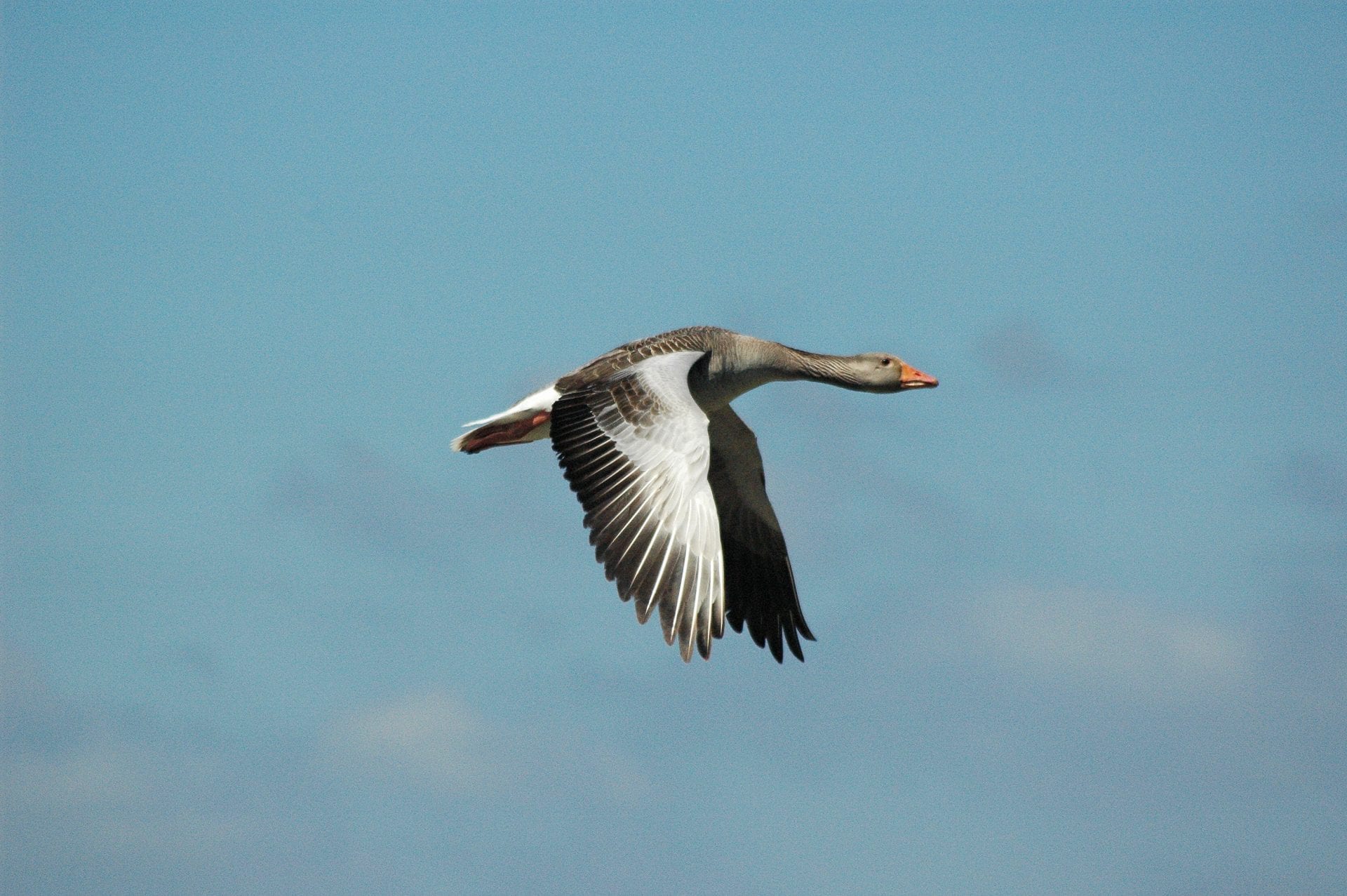A number of cases of Avian Influenza (‘bird flu’) have been confirmed in wild birds in Ireland since the start of the month. There are no known risks to human health, and similarly this isn’t going to affect your garden birds, but please watch out for sick or dead waterbirds, birds of prey, or potentially large numbers of dead crows or starlings which may have died as a result of this virus. If you find any such birds, don’t touch them, but rather report them immediately to the Department of Agriculture via the link below. It is important that any potential cases of avian influenza are investigated and documented appropriately in order to monitor the spread of the virus.
Report any dead or sick waterbirds or birds of prey here.
There are numerous strains and subtypes of the avian influenza virus that each vary in severity. The strain that has recently been detected in some wild birds in Ireland is Highly Pathogenic Avian Influenza (HPAI) H5N1, which spreads easily between birds and causes illness, with a high death rate. This strain had been detected in a number of European countries before arriving into Ireland this month as wild birds migrate southwards and westwards for the winter. BirdWatch Ireland are part of an early warning system with regard to surveillance for signs of disease in wild birds, together with colleagues in the National Parks and Wildlife Service (NPWS), the Department of Agriculture, Food and the Marine and the National Association of Regional Game Councils (NAGC).
What is the current situation with regards Avian Influenza in the Republic of Ireland?
To date there have been confirmed mortalities from the H5N1 strain of highly pathogenic avian influenza in counties Galway, Roscommon, Offaly, Donegal and Kerry, with further cases under investigation in other counties. The birds known to have been infected so far are Whooper Swans, Greylag Geese, Peregrine Falcons and a White-tailed Eagle. In winter, waterbirds of a range of different species congregate together at wetlands across the country, which allows the virus to spread easily amongst waterbird flocks and between species. When these birds become sick, they are easy prey for raptors such as Peregrines and Eagles, hence these species are often infected also.
What are the signs to watch out for?
Firstly, it’s important to be aware that the only wild birds expected to become infected at present are waterbird species (wildfowl, waders, gulls) and birds of prey. If you own chickens or other poultry then please consult the Department of Agriculture website for further advice. If you find a dead waterbird of bird of prey, where the cause of death isn’t obvious (e.g. car collision) then it’s best to report it to the Department of Agriculture, so it can be collected and tested. If you find a bird of these species that’s acting unwell or otherwise behaving strangely, then this too should be reported.
It’s important to note that potentially sick birds should not be brought to a wildlife rehabilitator or the National Wildlife Hospital in Meath, as this could risk infecting the birds already in their care. If you find a sick bird, report it via this link first, and secondly you may want to call the Avian Influenza Hotline (01 6072512 during office hours or 01 4928026 outside office hours).
Should I stop feeding my garden birds?
Although it is possible for garden bird species to get bird flu, they are at very low risk at present, for the simple reason that they don’t interact with the species currently infected (i.e. waterbirds). As such, there is no reason to stop feeding your garden birds. If the situation deteriorates and this advice changes, we will spread the word and ensure everyone knows.
What should I do if I own poultry?
To date there have been no cases in poultry flocks in Ireland, but poultry owners should familiarise themselves with Department of Agriculture guidance on biosecurity and the new regulations introduced as a precautionary measure. It should be stressed that there is no food safety risk for consumers and that properly cooked poultry and poultry products are safe to eat.
What is the situation in Northern Ireland?
Full details on restrictions for poultry flock owners, and where to report possible cases in wild birds in Northern Ireland, can be found on the DAERA website here.
Further information and updates are regularly made available on the Department of Agriculture website:
https://www.gov.ie/en/publication/50ce4-avian-influenza-bird-flu/


